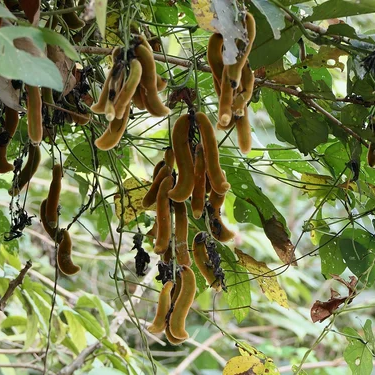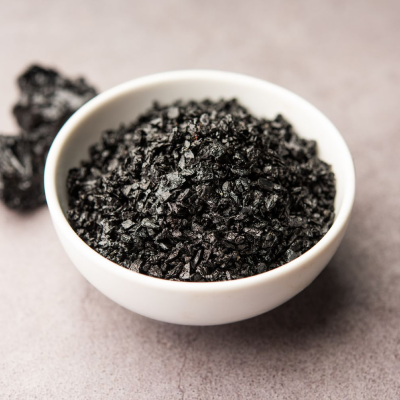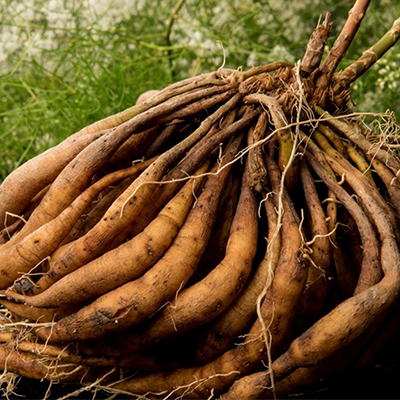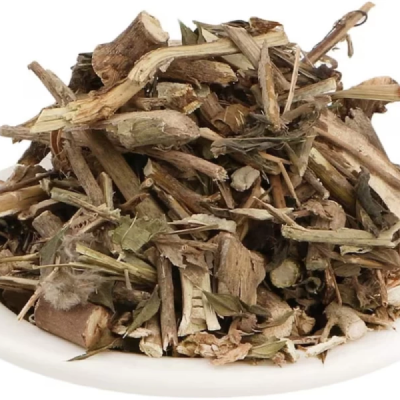Infertility is the inability to conceive after trying for at least one year. Both men and women can face infertility issues, and understanding it from modern and Ayurvedic perspectives provides a holistic view.
In Ayurveda, infertility is known as "Vandhyatva" and is attributed to an imbalance in the doshas (Vata, Pitta, and Kapha) and the weakened state of Shukra Dhatu (reproductive tissue). Proper fertility depends on healthy doshas, strong digestive fire (Agni), and absence of toxins (Ama).
Common Causes of Male Infertility
- Low Sperm Count: Not enough sperm are produced.
- Poor Sperm Quality: Sperm may not move well (low motility) or have abnormal shapes.
- Blockages: Physical obstructions in the reproductive tract (e.g., due to infections or varicocele).
- Hormonal Issues: Low levels of testosterone or other hormones.
- Lifestyle Factors: Smoking, alcohol, obesity, and stress.
- Genetic Problems: Inherited conditions affecting fertility.
- Weak Agni: Leads to poor nourishment of Shukra Dhatu, reducing sperm quantity and quality.
- Vata Imbalance: Affects sperm motility and causes erectile dysfunction.
- Toxins (Ama): Block the reproductive channels.
Signs:
- Low libido.
- Thin or watery semen.
- Weakness or fatigue.
Diagnosis
- Semen Analysis: To check sperm count, motility, and shape.
- Hormonal Tests: To check testosterone levels.
- Imaging: Ultrasound to identify blockages or abnormalities.
Common Causes of Female Infertility:
- Ovulation Problems: Irregular or absent ovulation, often due to PCOS or hormonal imbalances.
- Blocked Fallopian Tubes: Prevent sperm from meeting the egg (e.g., due to infections or endometriosis).
- Uterine Issues: Fibroids, polyps, or scarring that interfere with implantation.
- Age: Decline in egg quality and quantity after the age of 35.
- Lifestyle Factors: Stress, obesity, or poor diet.
- Vata Imbalance: Disrupts ovulation and implantation.
- Kapha Imbalance: Causes blockages in the fallopian tubes or uterine lining.
- Ama (Toxins): Accumulation leads to poor egg quality and irregular cycles.
Signs
- Irregular or painful menstruation.
- Hormonal imbalances.
- Emotional stress or anxiety.
Diagnosis
- Hormonal Tests: To check ovulation and thyroid function.
- Ultrasound: To detect cysts, fibroids, or other uterine problems.
- Hysterosalpingography (HSG): X-ray to check for blocked fallopian tubes.
- Laparoscopy: A minimally invasive surgery to diagnose and treat pelvic problems.
Ayurvedic Treatment for infertility
Ayurvedic treatment aims to balance the doshas, detoxify the body, and strengthen the reproductive tissues. It involves a combination of herbs, therapies, dietary changes, and lifestyle modifications.
Detoxification (Shodhana):
Removes Ama (toxins) and clears blockages in reproductive channels.
Panchakarma Therapies:
- Vamana (Therapeutic Emesis): To clear Kapha-related blockages. Especially in Ovulation disorders, Obesity, and PCOD
- Virechana (Purgation): For Pitta-related hormonal imbalances. For e.g. DUB
- Basti (Medicated Enemas): To balance Vata and nourish the reproductive organs. Commonly in embryo implantation problems,
- Uttarbasti : Administration of medicated oil or ghritham for e.g. Phalaghritam, Shatavari ghritam, Shatapushpa taila, etc. through the the urethra in males and in the vagina or Uterus in the females
Dietary Recommendations:
Include:
- Sattvic foods (fresh fruits, vegetables, whole grains).
- Milk, ghee, almonds, and sesame seeds for reproductive health.
- Spices like turmeric, ginger, and cumin to improve digestion.
Avoid:
- Processed, fried, or stale foods.
- Excessive caffeine, alcohol, and smoking.
Lifestyle Changes:
- Yoga and Pranayama: Improve blood flow to reproductive organs and reduce stress (e.g., Vajrasana, Baddha Konasana).
- Stress Management: Meditation and regular sleep patterns.
- Physical Activity: Moderate exercise to maintain weight and reduce Kapha imbalance.
Herbal Remedies:
For Male Infertility:
Ashwagandha :
Improves sperm count, motility, and overall vitality.
Kapikacchu (Mucuna Pruriens):
Enhances libido and sperm production.
Shilajit :
Acts as a rejuvenator and improves testosterone levels.
For Female Infertility:
Shatavari :
Balances hormones, regulates menstrual cycles, and nourishes the uterus.
Dashamoola :
Improves uterine health and supports implantation.
Aloe Vera:
Promotes healthy ovulation.
Both modern and Ayurvedic approaches to infertility have their strengths. Modern science offers advanced diagnostics and ART for immediate solutions, while Ayurveda addresses the root causes and enhances overall reproductive health. Combining both can provide a comprehensive treatment plan for couples struggling with infertility.









